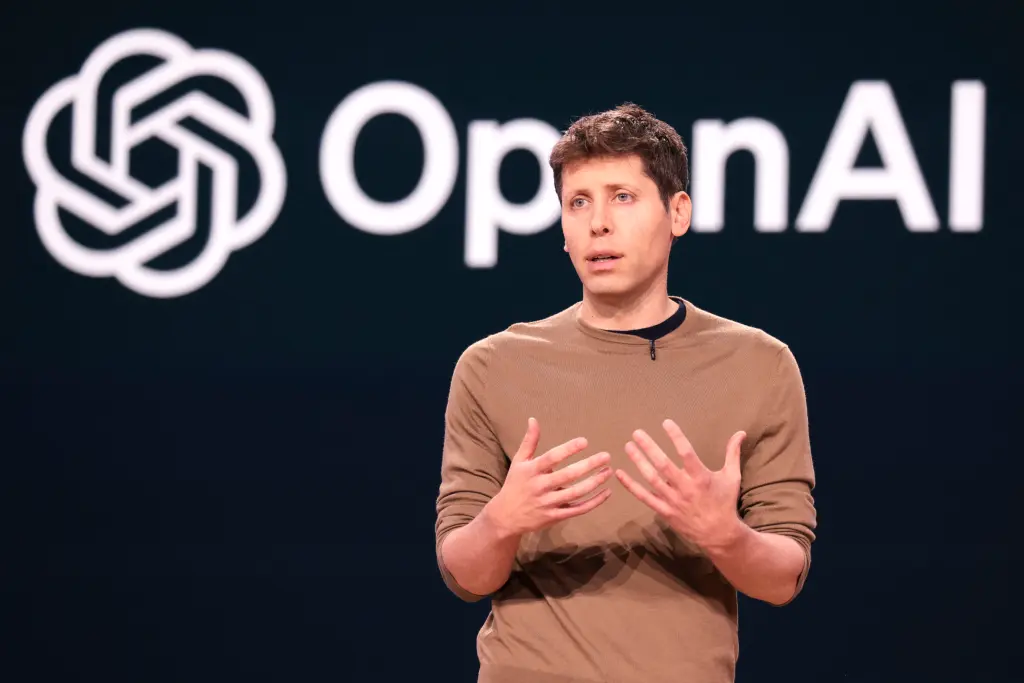
sam ALTman
Turns out, Windsurf wasn’t OpenAI’s first choice.
Before locking in talks to acquire AI coding tool Windsurf for a rumored $3B, OpenAI made not one, but two approaches to Cursor — the breakout AI code editor developed by Anysphere. First in 2023, then again this year, as Cursor’s popularity was exploding among devs. Neither attempt made it to the finish line. And now, Cursor is reportedly in funding talks at a near $10B valuation. Not bad for a team that didn’t sell.
AS reported by CNBC But here’s where it gets spicy. Cursor isn’t just popular — it’s part of a new era of “vibe coding,” where developers collaborate with AI to write software. It’s fast, flexible, and favored by many over GitHub Copilot, especially since Cursor integrated Anthropic’s Claude 3.5 Sonnet model. Even Microsoft took note, adding Sonnet support to Copilot late last year.
Meanwhile, OpenAI isn’t just shopping around — it’s building. CEO Sam Altman recently dropped Codex CLI, a new dev tool powered by OpenAI’s o3 and o4-mini models, which are designed to be “super good at coding.” Cursor’s response? They’ve already integrated the same models.
Cursor is based on Visual Studio Code and has racked up over 1M daily active users. It’s one of a growing fleet of AI-first coding tools — alongside Replit, Bolt, and Vercel — that are redefining how software gets built.
Bottom line: OpenAI is racing to dominate the AI coding stack. Whether through billion-dollar deals or product launches, the war for developers is officially on — and Cursor’s staying power proves this isn’t just hype. This is the next frontier of how we code.






